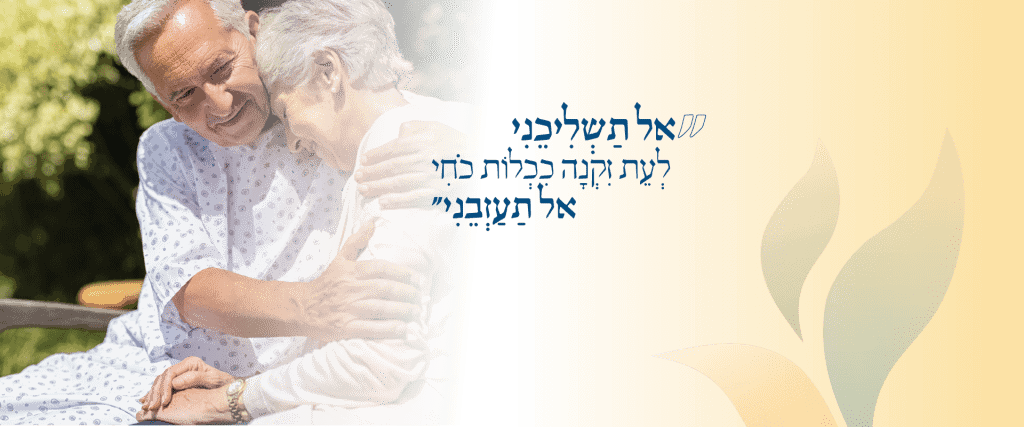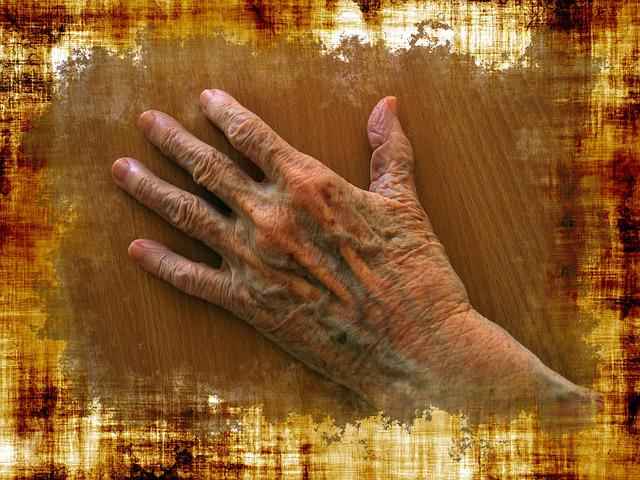Chapter 10 | Artificial Feeding

Chapter 10 from the booklet The Halakhot of Treating a Terminally Ill Patient and a Patient Suffering From Dementia
Chapter 9 | Artificial Respiration

Chapter 9 from the booklet The Halakhot of Treating a Terminally Ill Patient and a Patient Suffering From Dementia
chapter 8 | Treating a Patient Whose Chances of Survival Are Very Low

Chapter 8 from the booklet The Halakhot of Treating a Terminally Ill Patient and a Patient Suffering From Dementia
Chapter 7 | Providing Treatment for the Relief of Suffering on Shabbat, or When Treatment Conflicts with Another Halakhic Prohibition

Chapter 7 from the booklet The Halakhot of Treating a Terminally Ill Patient and a Patient Suffering From Dementia
Capter 6 | Life-Prolonging Treatment for a Patients In Pain

Chapter 6 from the booklet The Halakhot of Treating a Terminally Ill Patient and a Patient Suffering From Dementia
Chapter 5 | Respecting the Patient’s Wishes

Chapter 5 from the booklet The Halakhot of Treating a Terminally Ill Patient and a Patient Suffering From Dementia
Chapter 4 | The Obligation to Seek Out Medical Treatment

Chapter 4 from the booklet The Halakhot of Treating a Terminally Ill Patient and a Patient Suffering From Dementia
chapter 3 | The Definition of a “Dying Patient,” or “Terminally Ill Patient” in this Essay

Chapter 3 from the booklet The Halakhot of Treating a Terminally Ill Patient and a Patient Suffering From Dementia
chapter 2 | Ethical Practice: An Overview

Chapter 2 from the booklet The Halakhot of Treating a Terminally Ill Patient and a Patient Suffering From Dementia
Halachot of Treating a Terminal Ill Patient and a Person Living with Dementia

Therefore, let every faithful man pray to You upon discovering [his sin] (Tehillim 32:6) […] – Rav Nachman Bar Yitzchak says: ‘upon discovering’, this is death. (Berachot 8a). The capabilities of modern medicine to prolong life and impact the process of death raises halachic and ethical questions: When is there an obligation to prolong life […]





